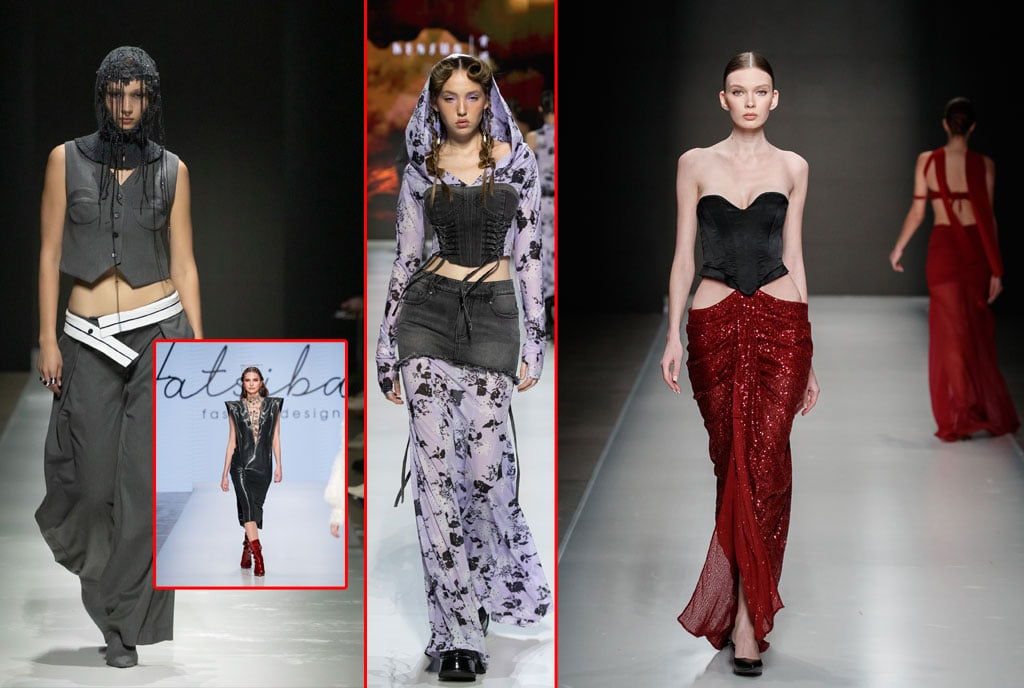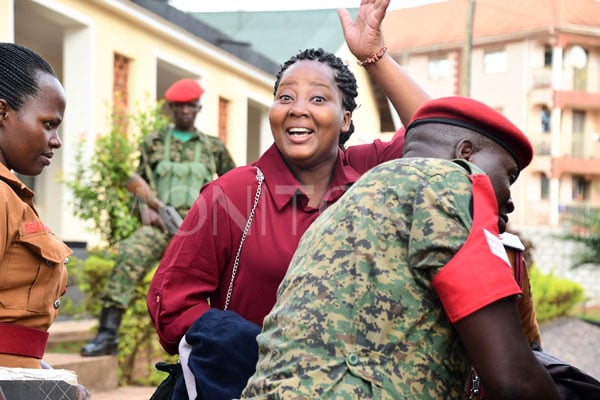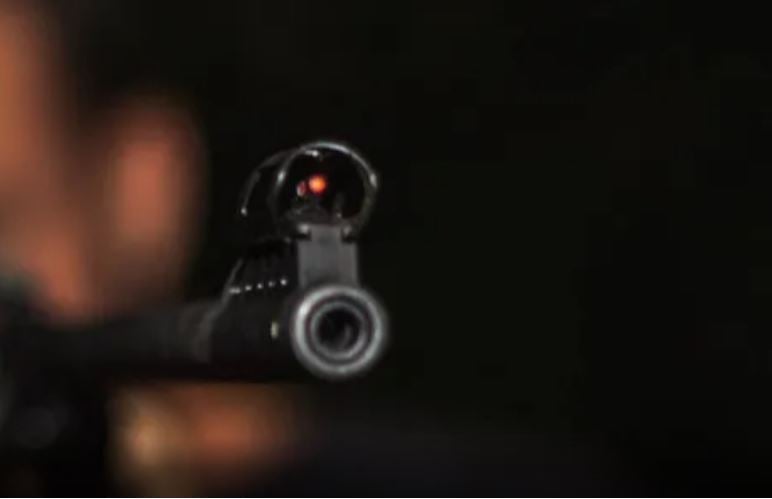Uganda among 50 nations joining the BRICS International Fashion Federation

What you need to know:
Among the numerous milestones achieved during the week-long affair was the signing of a memorandum to establish the BRICS International Fashion Federation, an agreement that included Uganda among the 50 nations committed to shaping the future of fashion
The vibrant city of Moscow set the perfect scene of global fashion as delegates, designers, and entrepreneurs from around the world gathered for the 2024 BRICS+ Fashion Summit and Moscow Fashion Week. The event, which ran from October 3rd to 9th, brought together a diverse array of talent, creativity, and business acumen. Unlike last year’s winter edition, this time, delegates experienced Moscow in the crisp beauty of Autumn. The lovely weather, with occasional rainy days, made it perfect for stylish coats and boots, elevating the street style during Fashion Week.
Among the numerous milestones achieved during the week-long affair was the signing of a memorandum to establish the BRICS International Fashion Federation, an agreement that included Uganda among the 50 nations committed to shaping the future of fashion.

The Federation is a game-changing move aimed at fostering new centers of influence within the global fashion industry, strengthening international connections, and creating a more sustainable industry. It also seeks to open doors for the next generation of fashion talents, providing them with unprecedented opportunities to grow and thrive.
Influential figures, including CEOs of major fashion weeks, heads of fashion and textile associations, and academic leaders from around the globe. Countries such as India, South Africa, Russia, Ethiopia, Egypt, Spain, the USA, Indonesia, Malaysia, Ghana, Tanzania, Jordan, Ecuador, Paraguay, and Kenya were part of this historic collaboration. Representing Uganda in this partnership was Brian Ahumuza, founder of the Abryanz Style & Fashion Awards. He highlighted the immense potential of the BRICS International Fashion Federation in expanding markets, stating, “This federation will enable designers from Uganda to tap into new audiences in regions like Russia, Brazil, and India.”

My personal journey began on October 4th, 2024, as I checked into the historic Metropol Hotel, that has been standing for 119 years! Walking into this hotel felt like stepping into a time capsule; its deep-rooted history immediately apparent upon entry.
Day one commenced with a visit to the Zaryadye Hall, where the Heritage Exhibition showcased a stunning array of designs from around the world, including creations from Ghana, Rwanda, Russia, Egypt, and many more. This exhibition set the tone for what would be an enlightening week of fashion, culture, and collaboration.

Throughout the summit, I found myself attending a number of sessions—14 in total—featuring TED-style talks that served as a platform for industry leaders to share innovative ideas and spark new conversations. One of the most captivating discussions I attended was on the role of artificial intelligence in fashion, titled “AI as an Asset: Investments in Creative Industries.” Panelists such as Konstantin Sobolev, head of the ‘Video Generative AI’ research group at AIRI Institute, Carola Terry, CEO of Seychelles Fashion Week, and Pablo Yusta, CEO of AI Consortivm, highlighted the increasing integration of AI technologies into fashion processes. The talk highlighted how AI is not just transforming operations but allowing creatives to focus more on strategy and innovation, while also cautioning the need for responsibility in the adoption of these technologies.
Another session that stood out was a panel on cultural appropriation, a topic that has long sparked debate in the fashion industry. Uganda's own Brian Ahumuza was part of this discussion, stressing the importance of brands; both large and small, being mindful of how they engage with cultural narratives to avoid misrepresentation.

Opening the discussion was Tsepang David Teba, from the Lesotho Fashion Week who stated, “What differentiates appropriation from respect is intent. Appropriation is about taking elements from another culture for personal gain without understanding, while respect involves striving to comprehend and connect with that culture.”
Shirene Rifai, Founder and CEO of Jordan Fashion Week echoed this, explaining that there is a great need for the brands to understand the cultures and significance of the different symbolisms before replicating them into their own creations.
“If we lose our culture, we lose the essence of who we are!” she concluded.
Moscow Fashion Week
While the mornings were filled with intellectually stimulating panel discussions, the afternoons were reserved for the exhilarating showcases of Moscow Fashion Week, and the B2B Showroom—a marketplace where top designers showcased their collections. I was particularly excited to see designers from all over the world take to the runway, including familiar names like Loom by Rodina from Moscow, whose pieces I had the pleasure of previewing earlier in the year. Other standouts included collections from RAEGITAZORO (Indonesia), Tshegofatso by Design (South Africa), and MAISON REVOLTA (Brazil), all bringing a mix of bold colors, flair, and traditional classic styles to the stage.
Moscow Fashion Week spanned six days, each one bringing a unique blend of creativity from diverse cultures. The sheer variety on display, from avant-garde to timeless classics, made some great fashion trend predictions for the coming season, including knitwear, modest clothing made chic and monotones.
My personal highlights included not just the dazzling designer showcases but also the chance to connect with fellow delegates, old and new from around the world. The warmth and hospitality extended by the event’s organizers, particularly the delegate managers, made navigating the city and securing access to shows an effortless experience. As someone who frequently travels, I cannot overstate the value of having a local guide, especially in a city as large and bustling as Moscow, where language barriers can present a challenge.
My time at the BRICS+ Fashion Summit and Moscow Fashion Week was an unforgettable experience, marked by innovative fashion, cultural exchange, and groundbreaking partnerships. It was a reminder of fashion’s power to unite the world, and I left Moscow with a renewed sense of excitement for what the future holds for both Uganda and the global fashion industry.




